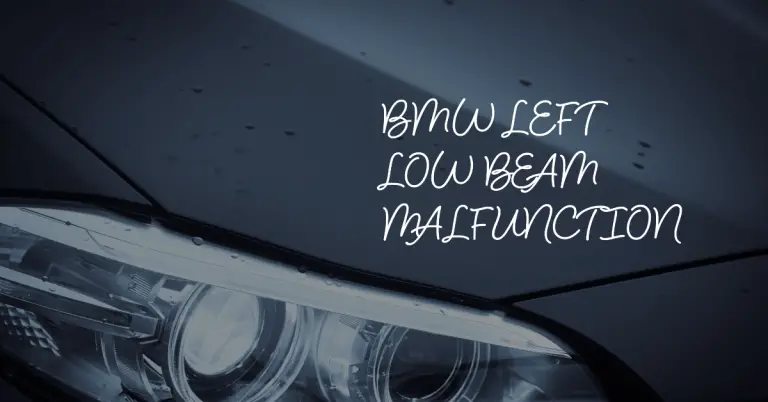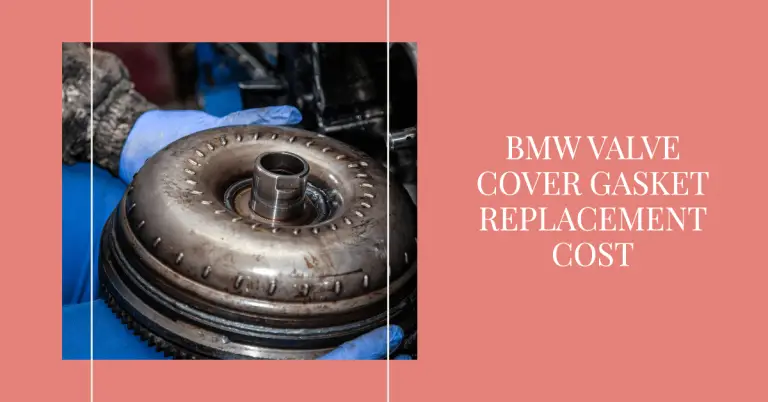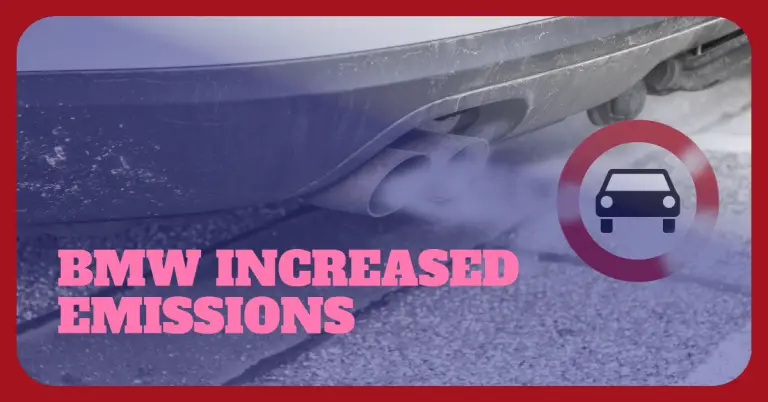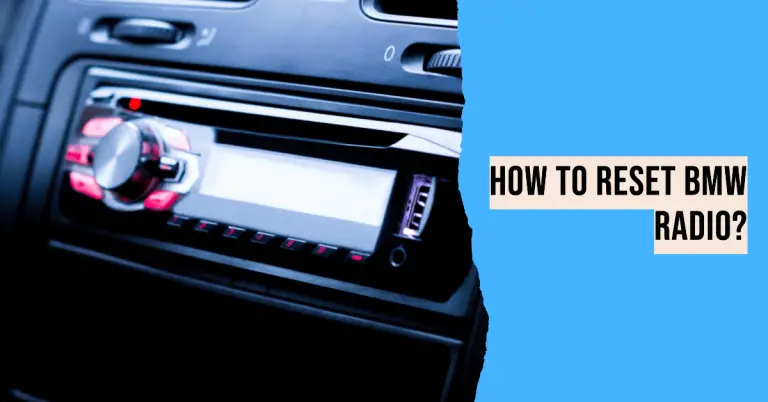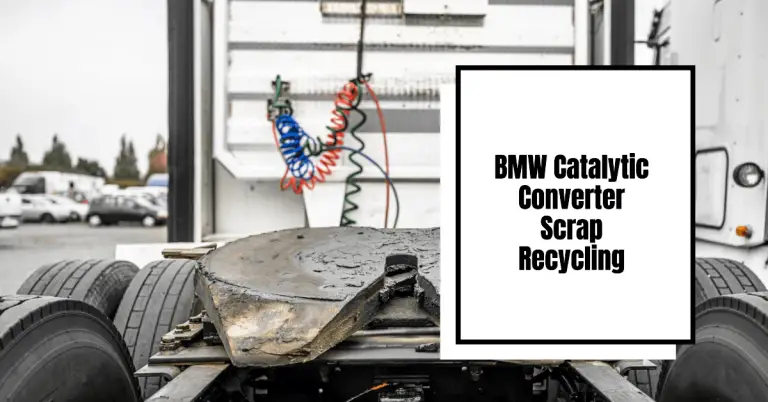BMW Transmission Malfunction: Causes and Solutions
Your BMW’s transmission is arguably one of the most complex and important components under the hood. When it works smoothly, it provides responsive, precision gear changes that make driving your BMW a true joy. But what causes BMW transmissions to malfunction? And what are your options for getting it fixed?
Transmission issues lead many BMW owners to ask: should I repair or replace my transmission? The right solution depends on properly diagnosing the underlying problem and the extent of the damage. Rebuilding a transmission can cost thousands less than replacement, but with extensive wear a new transmission is the better route.
This detailed guide will walk you through the leading causes of BMW transmission problems. You’ll learn how to identify symptoms, explore repair vs replacement options, and get a realistic idea of typical BMW transmission repair costs. Let’s take a deep dive into understanding why your BMW transmission may be malfunctioning, and the best ways to get it operating smoothly again.
What Causes a BMW Transmission to Malfunction?
BMW transmissions are designed for responsive, precision shifting. But many intricate components work together to facilitate smooth gear changes. If one part wears out or fails, it can lead to various transmission problems.
Here are the most common sources of BMW transmission issues:
Worn Clutch Plates
The clutch connects and disconnects the engine from the transmission. It is engaged every time you shift gears. The clutch plate, pressure plate, release bearing, and flywheel are all subject to wear over time. As the clutch components wear down, you may experience:
- Slipping on acceleration
- Difficulty shifting gears
- Grinding noises, especially when shifting
Worn clutch components often need replacement to resolve these problems. Installing a new clutch can run $1,200-$1,800 or more.
Leaking Transmission Fluid
Transmission fluid is essential for lubrication, cooling, and hydraulic pressure. Low fluid levels from leaks can cause major problems including:
- Gear slippage
- Difficulty or delayed shifting
- Eventual transmission failure
Catching leaks early and topping off the fluid can help. But leaks indicate worn seals/gaskets that should be replaced to prevent ongoing fluid loss.
Faulty Solenoid Valves
Solenoids regulate transmission fluid flow and hydraulic pressure for shifting. When solenoids fail, you may experience:
- Harsh gear changes
- Transmission won’t shift properly
- Check engine light for transmission error codes
Faulty solenoids need replacement as soon as possible to avoid exacerbating issues. Expect $350-$850 per solenoid replacement.
Broken Transmission Bands
Transmission bands work alongside clutches and drums to facilitate gear changes. Broken bands can cause:
- Slipping between gears
- Failure to shift properly
- Gear shifts at wrong RPMs
Replacing broken transmission bands often requires transmission disassembly and costs $1000 or more in parts and labor.
Bad Torque Converter
The torque converter connects the engine and transmission. It’s subject to wear and can cause:
- Transmission slipping
- Lack of acceleration
- Failure to shift into higher gears
A faulty torque converter needs replacement, which can cost $800-$1200 for parts and labor.
Symptoms of a Failing BMW Transmission
How do you know there’s an underlying problem with your BMW’s transmission? Here are the most common signs:
Delayed/Hard Gear Shifts
Gear shifts should be quick, crisp, and smooth. Delayed or firm shifting indicates potential transmission issues including:
- Low fluid
- Worn bands/clutches
- Bad solenoids
Shift problems tend to start subtly but worsen over time as the transmission components degrade.
Transmission Slipping
Does your BMW rev high but hesitate to accelerate? That slipping between gears is a classic transmission problem pointer. Causes include:
- Insufficient fluid
- Leaks
- Worn clutch plates
- Torque converter failure
Prolonged slipping will eventually lead to more severe transmission damage.
Complete Transmission Failure
In worst case scenarios, transmissions can fail completely with symptoms like:
- Unable to shift into any gear
- Car stuck in one gear
- Engine revving but car won’t move
This requires immediate service to avoid further breakdowns. You’ll likely need major repairs or a full rebuild.
Catching transmission issues early provides the best odds of simpler, more affordable repairs. If you notice any signs of transmission problems, have it inspected right away by a BMW specialist.
When to Repair, Rebuild, or Replace Your BMW Transmission?
Once you’ve diagnosed a transmission problem, determining the right fix comes down to the severity of the damage. Here are general guidelines:
Minor Transmission Issues
Simple fluid changes and minor repairs may resolve minor problems:
- Flush transmission fluid – Cleans out debris, replenishes additives
- Change filter – Removes contaminants floating in fluid
- Inspect components – Checks for any visible damage
These services can improve minor issues for $200-$500 total.
Moderate Transmission Wear
With more significant but repairable damage, a rebuild is often the best route:
- Replace worn components – Bands, clutch packs, solenoids, etc.
- Inspect entire transmission – Identify all damaged parts
- Professional rebuild – Reassemble with all new parts
Transmission rebuilds typically cost $2000-$5000. It’s less than replacement if the core transmission is salvageable.
Severe Transmission Damage
If the transmission is too far gone, replacement is the only option:
- New/remanufactured transmission – Install a fully functioning new or rebuilt transmission
- Labor for removal & installation – Significant time for transmission R&R
Plan for $4000-$8000+ for parts and labor. But it yields a fully operational transmission designed to last years.
Repair or Replace Transmission – Which is Better?
Is it better to repair or replace your BMW’s faulty transmission? Key factors include:
- Car’s age and mileage – Repair is better for newer cars, replacement for high mileage
- Extent of damage – If rebuild-able pay less for repair, if too far gone replace
- Repair costs – At 50% of replacement cost, repair may not be worthwhile
Diagnosing why your transmission is malfunctioning will clarify whether it’s a cheaper repair, or if replacement is the wiser investment.
Either way, addressing transmission problems promptly is crucial. The longer you wait, the more potential for additional wear and failure.
How Much Does BMW Transmission Repair Cost?
Cost is often the big question for BMW owners dealing with transmission issues. Repair costs vary widely based on factors like:
- Age and model of BMW
- Transmission type (automatic or manual)
- Extent of damage to parts
- Repairs needed (rebuild vs replacement)
Here are some typical cost ranges:
Transmission Fluid Flush
A fluid flush cleans out debris and restores fresh fluid. Cost is $150-$250:
- Drain fluid, replace filters, refill fluid
- Improves minor transmission problems
- Prevents bigger issues in older fluid
Transmission Solenoid Replacement
Faulty solenoids affect shifting and need prompt replacement. Each solenoid is $350-$850 in parts and labor:
- BMWs have several solenoids
- Repair costs multiply if several fail
- Preventative solenoid replacement is wise
Transmission Band Replacement
Worn bands cause slipping between gears. Expect $1000+ per transmission band:
- Multiple bands may need replacement
- Labor intensive removal and installation
- Parts can be $300+ per band
Torque Converter Replacement
Torque converter failures lead to lack of acceleration. Replacement costs about $800-$1200:
- Removal/installation labor time
- Parts pricing around $600+
- Often replaced with clutch packs
Transmission Rebuild
A rebuild is worthwhile for transmissions with moderate damage. Costs often range $2000-$5000:
- Labor to disassemble transmission
- Inspecting and replacing all damaged parts
- Professional rebuild with new components
- Higher for extensive damage
Transmission Replacement
When a transmission is beyond repair, replacement is the only fix. Costs are typically $4000-$8000:
- Removal and installation labor time
- Cost of new/remanufactured transmission
- Often recommended for transmissions with over 100k miles
So in summary, for minor issues expect a few hundred dollars for fluid and filter changes. Moderate problems require $1000+ for components like bands and solenoids. And complete rebuilds or replacements typically cost $2000+ in parts and labor.
DIY BMW Transmission Repairs
With mechanical skill and the right tools, some basic transmission services can be DIY:
- Checking/adding transmission fluid
- Changing transmission filter
- Inspecting external parts for damage
Attempting more complex repairs risks damaging components further. The specialized knowledge of a BMW transmission specialist is recommended for issues like:
- Solenoid testing/replacement
- Band replacement
- Clutch repairs
- Torque converter replacement
- Transmission teardown, inspection and rebuild
While DIY repairs may seem cost-effective, mistakes can result in much higher transmission shop repair bills down the road. Consulting a certified BMW mechanic as soon as you notice symptoms provides the best solution for getting back on the road worry-free.
Get Your BMW Shifting Smoothly Again
BMW transmissions are designed for responsive performance, but like any complex component, problems can arise over time. Knowing the symptoms of issues like slipping, hard shifts, and leaks helps you identify problems early while repairs are simpler.
Determining if a transmission rebuild or replacement is the right solution depends on the severity of damage, repair costs, and your BMW’s age/mileage. Well-maintained transmissions can go over 150k miles before needing major work.
Addressing any transmission problems promptly minimizes further wear and prevents more expensive failures. And choosing a transmission shop experienced specifically with BMW models ensures proper diagnosis and repairs the first time.
With this guide, you now understand why BMW transmissions malfunction, and how to evaluate the best repair or replacement options. Armed with that knowledge, you can get shifting confidently again in your Ultimate Driving Machine.


